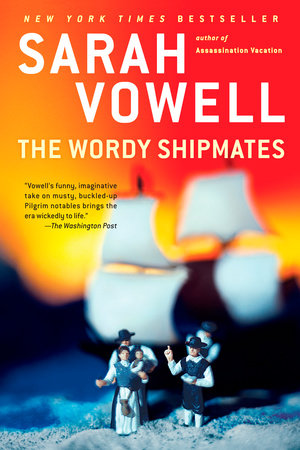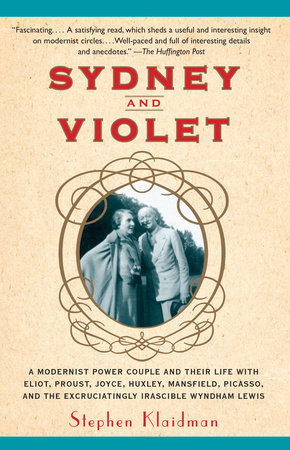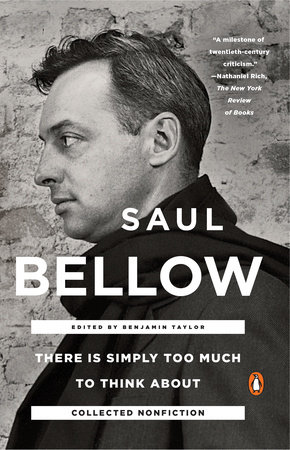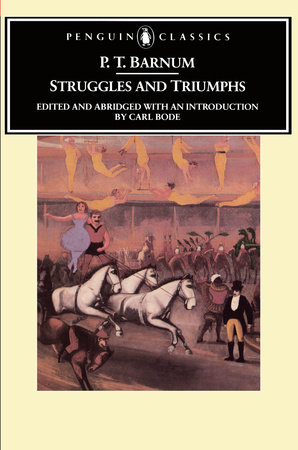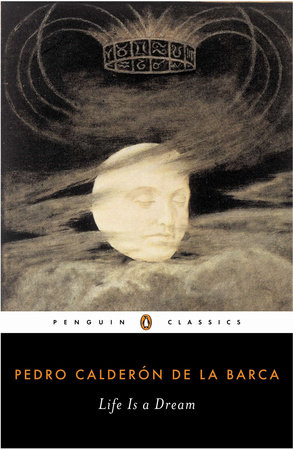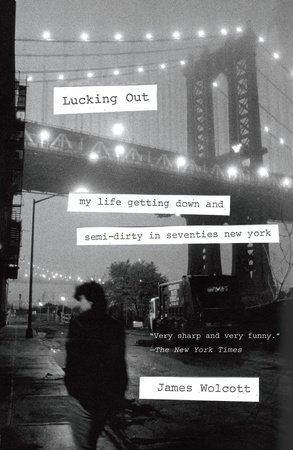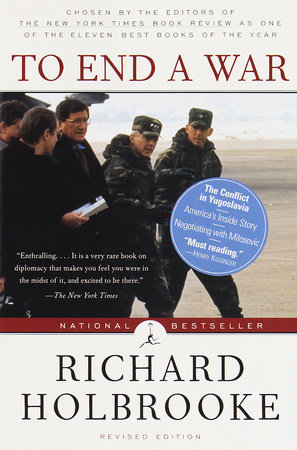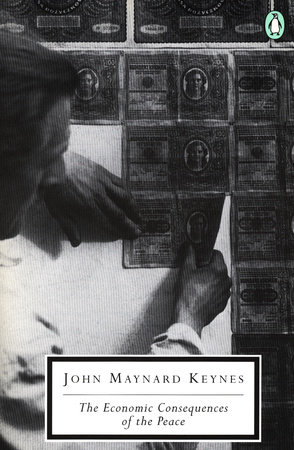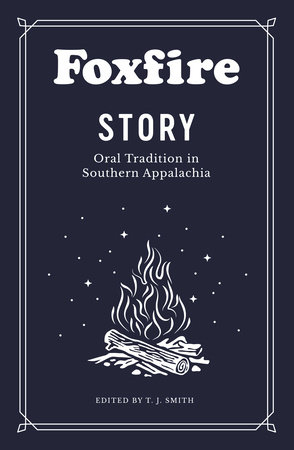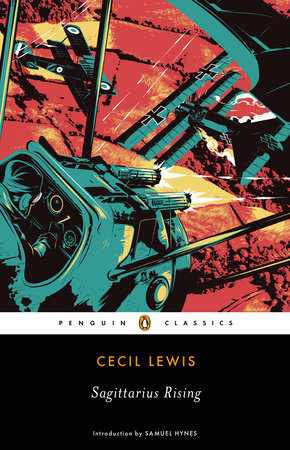Why did you decide to write a book about the New England Puritans? I can probably pin it down to how I kept thinking about John Winthrop’s 1630 sermon “A Model of Christian Charity” during three events between 2001 and 2004—the terrorist attacks, the war in Iraq, and Ronald Reagan’s funeral. I write about how, as a New Yorker, I was so comforted by the part of Winthrop’s sermon in which he called upon his shipmates to rejoice and mourn and suffer together “as members of the same body.” Then, all of the rhetoric leading up to the war smacked of the American exceptionalism that derives from Puritan notions of New Englanders as God’s new chosen people, Winthrop’s idea and ideal that Massachusetts should be “as a city upon a hill.” And, since no one had adopted that phrase as a personal motto like Reagan, when Sandra Day O’Connor read part of Winthrop’s sermon at Reagan’s funeral, during a time when everyone in the world had Abu Ghraib on the brain, when she stood there in front of the current president and various members of his administration who got us into that whole mess, when she read the part where Winthrop warns that “the eyes of all people are upon us,” it hit home how much Winthrop and his fellows are still with us.
It’s commonplace to say that we’re a Puritan nation. But what do you think peoplereally mean by that, and is it in any way related to our actual Puritan heritage?
Generally, Americans call ourselves a Puritan nation as a lazy way of saying that as a culture we are sexually repressed. I think a more interesting, accurate, and important way we’re a Puritan nation is the legacy of Winthrop’s, and then Reagan’s, idea of America as city on a hill, as a beacon of hope, as God’s pet project. Namely, the idea that America is always “good.”
Were the Puritans really as sexually repressed as the stereotype would have it? Were they really such killjoys in general?
This book doesn’t particularly deal with that first question much. I do briefly mention the fact that the Puritans were bully for marital sex because they felt God invented it. And I discuss, also briefly, the marriages of my two main characters, John Winthrop and Roger Williams. As for the killjoy thing, these were not the most lighthearted figures in American history. My real answer to these two question is another question. Namely, who cares? What I’m interested in—and this probably makes me a killjoy, come to think of it—is the Puritans’ ideas about freedom and community. I’m interested in their writing on civics and law and religion, their love of learning, their thoughts on God and country. Also, to a person who loves not just ideas but ideas being hashed out and argued over and dissected, witnessing the Puritans of Boston bickering with and banishing each other is, I think, kind of a joy.
Why were the Puritans such a “wordy” or literary people?
The short answer is their absolute obsession with reading, dissecting, and discussing the Bible meant that a book was the center of their lives. The long answer is that the people who settled the Massachusetts Bay Colony during the so-called Great Migration between 1630 and 1640 were mostly highly educated, frequently scholarly people. Many of them had degrees from Cambridge. I call them “quill crazy.” Considering they had so many chores, what with building a society from scratch, they did an awful lot of writing—sermons, letters, diaries, religious tracts.
Were the Puritans anything like today’s evangelical Christians, to whom they’re often compared?
Some Puritans were like some evangelical Christians—and all dangerous people—in that they believed, they knew, they were right. Other than the obvious Protestant similarities between the two movements, one misconception is that today’s evangelicals are simply modern-day Puritans. This is not true. The Puritans were much more intellectual. Trust me, I just spent years trying to decipher their abstract and brainy theological texts. The Puritans privileged the text of the Bible and scholarly theological expertise and just education in general above all else, above religious emotion, above personal experience. I write in the book that there wasn’t any speaking in tongues going on in the Massachusetts Bay Colony unless you count classical Greek. In fact, part of my book is about the trial of Anne Hutchinson. The magistrates of Massachusetts Bay banish her from the colony for beliefs that are very similar to today’s evangelicals in terms of her personal relationship with God and the way she believed herself to be filled with the Holy Spirit. This was blasphemy to the Puritans—way too emotional. Plus, Hutchinson was just a homeschooled woman. To the Cambridge-educated patriarchy of Boston, the fact that Hutchinson was preaching in her home without any proper theological training was a travesty. And the fact that she was so influential, as well as witty and logical during her trial, made said patriarchs get cracking on building Harvard University so their sons (and future ministers) learned Latin, Greek, and Hebrew and were well grounded in proper theology so that if any more self-taught spiritual pied pipers came along, the sons and ministers could crush them in debate.
Where did Ronald Reagan get the phrase “a shining city on a hill,” which became so identified with him? And why do you write that the citizens of the United States not only elected and reelected Ronald Reagan, but that “we are Ronald Reagan”?
Reagan got his pet phrase from Winthrop’s “A Model of Christian Charity,” in which Winthrop, inspired by the Sermon on the Mount, called for New England to be “as a city on a hill.” Reagan interpreted this idea to mean that the United States is supposed to be a sparkly beacon of hope. But Reagan pretty much ignored the bulk of Winthrop’s sermon—the parts about sharing, about suffering together, the foreboding ending in which Winthrop worries that, come failure, he and his shipmates will suffer the wrath of God, that they’ll be a cautionary tale. Much of Winthrop’s sermon is Christlike and therefore tough—a call for charity and generosity and selflessness. But charity and generosity and selflessness were not what the Reagan years were about. Just the opposite of course. Reagan just chose to ignore the fine print—a very American thing to do. He chose to focus on Winthrop’s pretty, upbeat imagery and more or less ignored Winthrop’s sober call for communal responsibility. Americans tend to accentuate the positive. We get snowed by cheerful advertising.
How did the Puritans create the whole notion of American exceptionalism—the idea that we have been specially chosen and favored by God, and that other nations are eager for us to impose our way of life on them?
I think it all goes back to the official seal of the Massachusetts Bay Colony, the one they brought with them from England. It depicts an Indian saying, “Come over and help us.” That’s comically arrogant, ironic, and sad. Still, they meant well. We still do. The thing the United States got from Massachusetts Bay is the sleep of the just—however undeserved. For better or worse, we inherited the idea of ourselves as saviors and rescuers.
A continuing theme in your work is the way that we learn so much of our history from popular art. To wit, a lot of sitcoms have had episodes set in seventeenth-century New England. In fact, one inspired the first epiphany you ever had about colonial New England. Which one was that? And which was the only sitcom set entirely in Puritan New England?
It was a Thanksgiving episode of Happy Days I saw when I was around eight. There was a joke about the teenage daughter showing too much ankle or something which made the Pilgrims seem ludicrous. I hadn’t learned about critical thinking. I hadn’t learned to question historical figures. I was in elementary school. All we learned about seventeenth-century New England was that the winters were hard and the Pilgrims and Indians got along. As for the sitcom set in New England, that would be the short-lived CBS show Thanks about the Winthrop family’s first winter in New England. All the jokes were about how cold and hungry and crabby all the settlers were, and there was one guy named Winthrop spouting really hopeful ideals and all the other colonists thought he was insane. I thought it was brilliant.
Who were John Winthrop and John Cotton, and why do you devote so much attention to them?
I think of them as the architects of American exceptionalism. The notion that the English Puritans were divinely destined to save the world was floating around the British Isles in the early seventeenth century, but these two delivered two landmark sermons devoted to this idea, very possibly on the same occasion in 1630—Winthrop’s “A Model of Christian Charity” and Cotton’s “God’s Promise to His Plantation.” Plus, with Winthrop being the Massachusetts Bay Colony’s on-again, off-again governor and Cotton as the minister of the Boston church, they are the two most influential, powerful men in early New England.
How did Roger Williams come up with the idea of a “wall of separation” between church and state, long before Thomas Jefferson?
Williams was the most purist of New England Puritans. He didn’t want the state (with its accompanying state-sponsored violence) to corrupt the purity of Christianity, which is the exact opposite of Jefferson, who was worried about religion corrupting government. Williams also noticed how conflict was inherent in religion. Even though he was fanatical in his beliefs, he recognized others’ fanaticism and thought the only way for human beings to live together in peace was to allow freedom of worship. He thought people who disagreed with him were bound for hell, which he saw as punishment enough. He loved arguing about religion but he wanted wars of words, not bloodshed.
Why was Williams banished from Massachusetts?
For questioning the authority of the king of England and the magistrates of the Massachusetts Bay Colony. He ranted that the king had no right to New England because he hadn’t received permission from the natives. Williams also condemned the Massachusetts government for punishing offenders who had broken those of the ten commandments involving worship. He believed an earthly government should have control over crimes against persons and property but had no right to regulate church attendance and the like.
How did Rhode Island become the first colony—in fact, the first place in the English-speaking world—with complete freedom of religion?
Williams established Providence and then the later colony of Rhode Island as a religious refuge. Ultimately, freedom of religion was codified by a charter from Charles II.
Who was Anne Hutchinson? Why was she so important, and why did she get kicked out of Massachusetts?
Hutchinson was a wife, mother, midwife, and groupie of John Cotton who followed the minister to Massachusetts. She hosted religious meetings in her home questioning the preaching of many of New England’s ministers. Her followers started disrupting church services around the colony and so she was hauled before the magistrates to repent both her beliefs and her influence. She believed she had heard the voice of God, which was heresy. Not backing down, the magistrates expelled her from Massachusetts. She went on to found a settlement in Rhode Island. I think, like Williams, she sticks out as having been born too early. Like him, she practiced freedom of speech before this right existed.
How did she die? Why do millions of residents of the New York City metropolitan area encounter her name every day without realizing it?
After her husband died in Rhode Island, she settled with her children in New Netherland in what is now the Bronx. The local Indians were at war with the Dutch, and Hutchinson and her family were attacked in their home. A nearby river was named after her and a highway, the Hutchinson River Parkway, was later named after her as well.
How do you see yourself as being like Hutchinson?
Like her, I have a penchant for yakking. It’s just way more legal for me.
Why did the Puritans commit a gruesome massacre of the Pequot Indians and set the blueprint for all future Indian wars?
And now, for my next trick, I’d like to explain genocide! I guess the Massachusetts militia commits mass murder for the same old reason everyone does—hate, resentment, anxiety, frustration, xenophobia. It’s also simple military ground-war tactics. The English commander understood that his men were about to get slaughtered in the ground-war mayhem, so he thought setting the enemy on fire en masse was the most logical, streamlined way to save his own troops’ lives. When Hannah Arendt was writing about the Holocaust, she pointed out that once something has happened, it is far more likely to happen again. That’s what happened after Mystic. Slaughter one group of Indian women, children, and old people and it’s probably going to happen again—and it does.
How did the Puritan bloodlines flow right down to the 2004 presidential election?
The Republican candidate, President Bush, is a descendant of Anne Hutchinson. The Democratic candidate, Senator Kerry, is a descendant of John Winthrop.
Why were the Puritans so fearless? What was the source of their strength?
They weren’t fearless. They were fearful. Like, chockfull of fear. Their big fear being God. God is also their source of strength, of course. But mostly they are terrified of disappointing God and suffering His wrath. They are scared of the sea, Indians, heretics and the King of England. They are afraid of eternal damnation. And yet, despite all this terror, they still get on the boats to Massachusetts. They decide that if King Charles sends a new governor to take over, they will fight him. All that is old-fashioned English stiff-upper-lip stuff. But the Bay Colony’s fears are also the source of their worse impulses. This is true of pretty much every society at any time or place. Their fears cause them to enact unfair laws, to crack down on dissent, to burn alive Indian children. Of course, their faith is also their source of strength, why they kept going, why they didn’t give up. They had a city on a hill to build and they built it.
What is the positive side of the Puritan legacy? Why is it so overlooked, and why are we Americans so reluctant to embrace it? What promise does it hold for us today?
I think their most endearing legacy is their obsession with education, especially founding the first university in what would become the United States. The way they privilege learning and words, exhort their children to read and write, is worth admiring. I think we’ve lost that as a culture, to some degree. The most admired, most powerful figures in early New England were the smartest—men like Winthrop, Cotton, and Williams. We certainly inherited New England’s collective self-esteem, their idea of themselves as the most divinely blessed. But I think we’ve lost their sense of collective responsibility, their fear that they would fail each other and their god.
